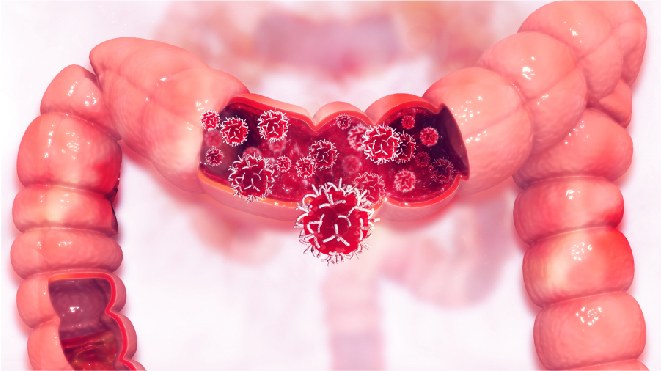Capecitabine is a anti-cancer drug that is used in chemotherapy. This drug is used to treat colon cancer or rectal cancer and breast cancer that has metastasized or spread.
Availability, dosage, and administration
Capecitabine is available in pill form and is taken orally. The tablet should be taken whole and should not be powdered or damaged. The tablet should be taken within 30 minutes of a meal.
Availability
150 mg and 500 mg tablets
Dosage
1250 mg/m2 orally twice daily
Side effects
Most people do not experience side effects while being treated with capecitabine. Even if side effects occur they are predictable in terms of their onset and duration. These side effects are almost always reversible and will go after the treatment is complete. The most common side effects are listed below.
- Nausea and vomiting
- Diarrhea
- Mouth sores
- Poor appetite
- Hand and foot syndrome
- Low red blood counts
- Eye irritation
- Fever
- Headache
- Swelling of feet and ankles
- Rash and itching
- Abdominal pain
- Low white blood cell count
- Back muscle and bone pain
Precautions
- Before starting capecitabine treatment, inform your doctor about other medications that you might be taking.
- Do not take any kind of vaccination or immunization without informing your doctor.
- Avoid the use of antacids within two hours of taking capecitabine.
- Capecitabine us not advisable if you are hypersensitive
- Inform your doctor before starting the capecitabine if you are pregnant. Capecitabine is hazardous for the fetus.
- Do not conceive a child while on capecitabine treatment. This applies to both men and women.
- Do not breastfeed while on treatment of capecitabine.




